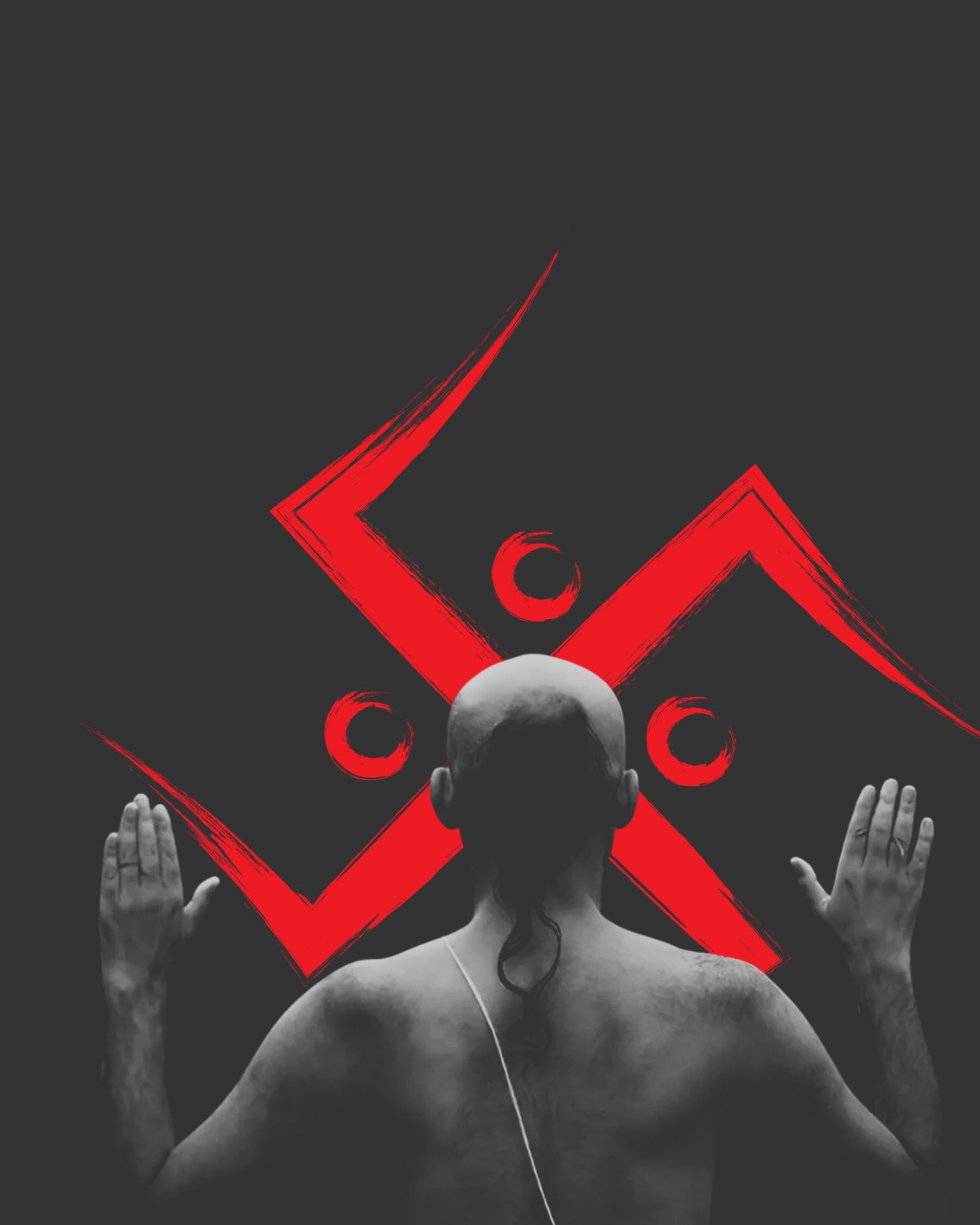Confronting Academic Casteism
All spaces constantly communicate, often subtly, who is allowed to exist within them. The messaging is clear: our presence is not a matter of right, but is an abnormality, a token charity begrudgingly extended to us.
Daily Experiences of Discrimination
As someone with massive amounts of privilege, but also positioned at the multiple intersections of marginalisation as an OBC queer non-binary person, I have witnessed and experienced the pervasive casteist patriarchy that defines everyday interactions within the department.
Classroom Dynamics
When Ambedkar's texts are shared and corresponding assignments are given to the class - Brahmin Savarna students ridicule Babasaheb and express their contempt towards him with statements like "Gandhi ji ke efforts zyada valuable hai caste system ke against" or "Ambedkar ne sirf apni community ke liye kaam kiya hai".
Institutional Violence
Conclusion
Educate-Agitate-Organise

